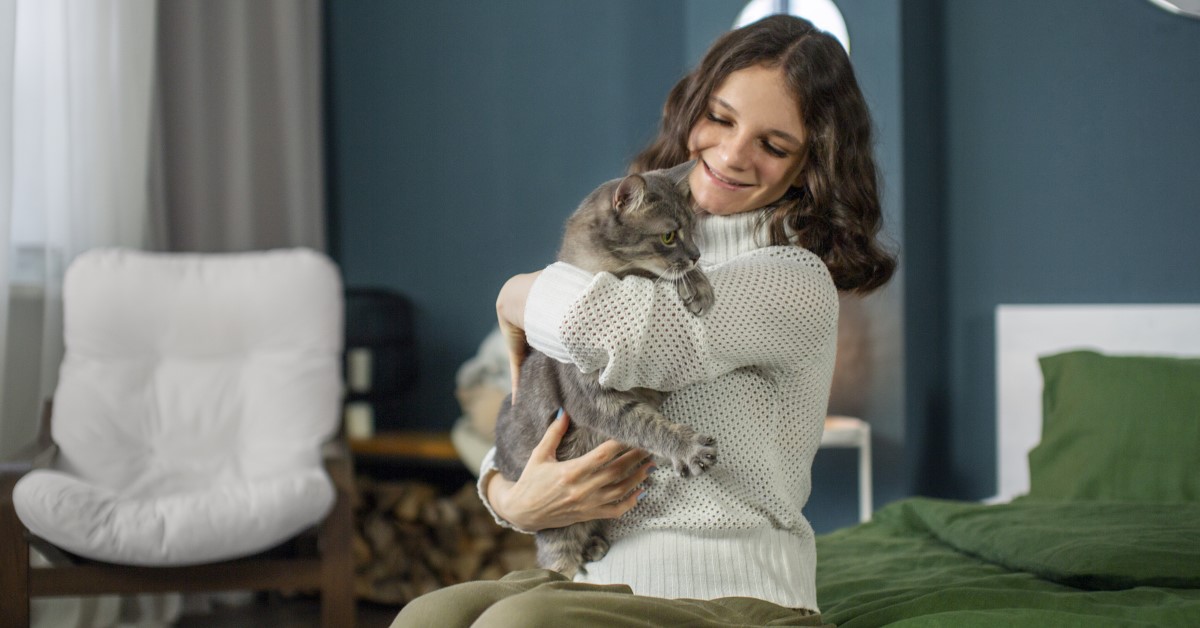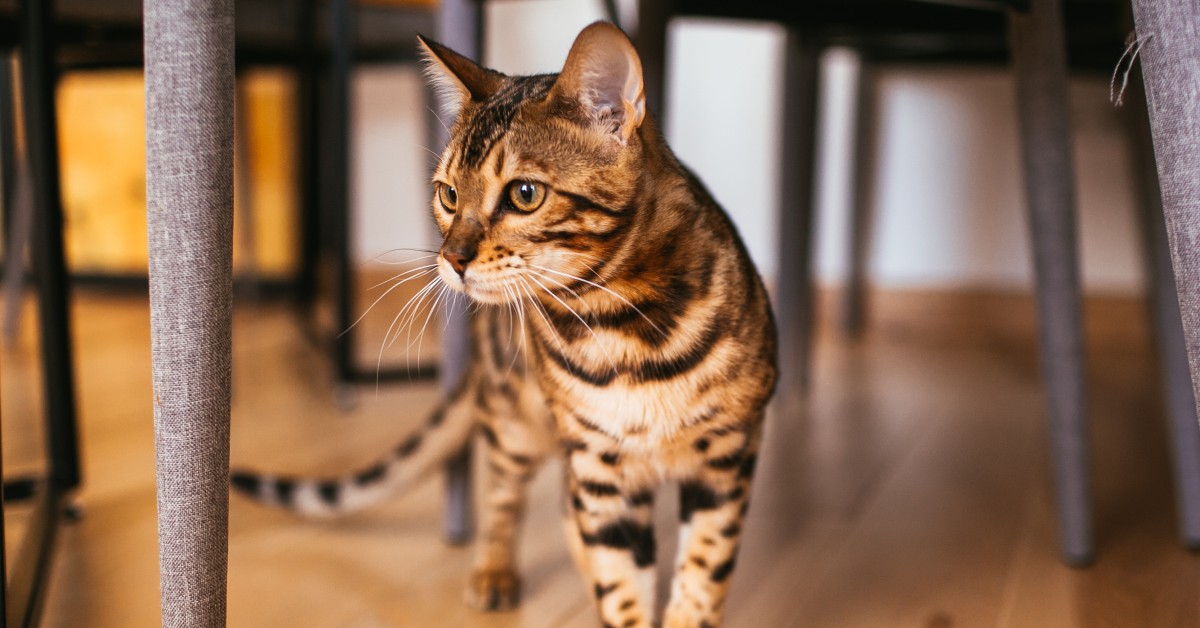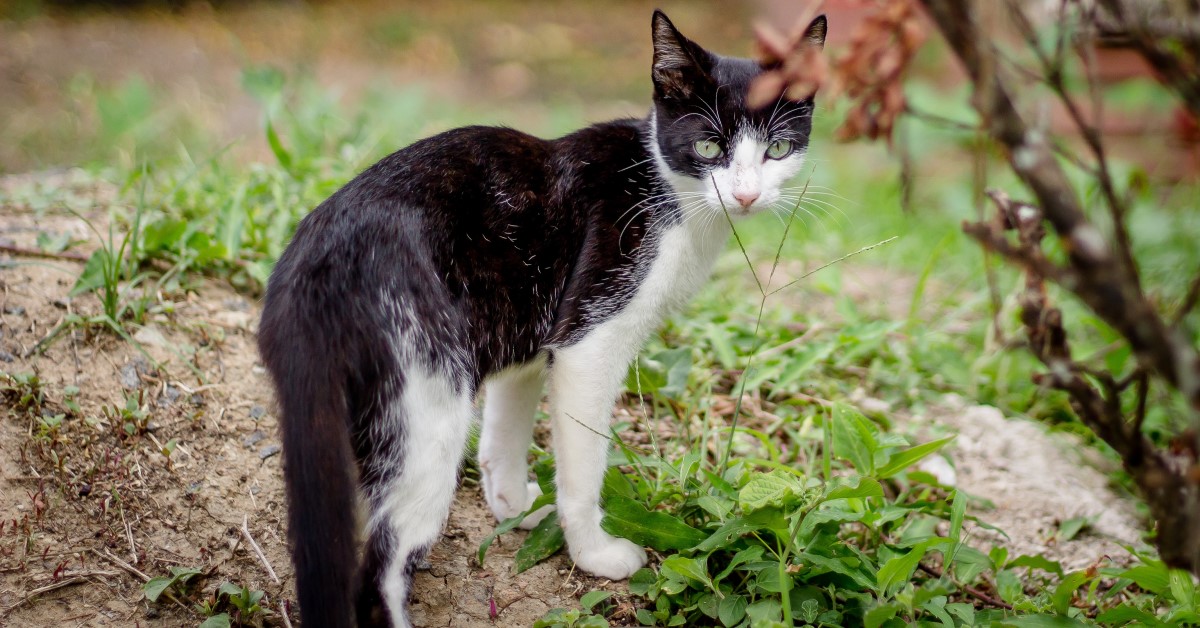What You Should Know Before Adopting a Cat
Before you adopt a cat, check out these important tips for giving your new family member a good life.

If you've decided to adopt a cat, you should expect many years of happy companionship with your new friend. However, first-time cat owners may not know how to choose the best cat for their lifestyle, prepare their home for the new arrival, or pursue smart veterinary wellness strategies for their feline friend. Let's examine some important steps to take before adopting a cat.
Consider Your New Cat’s Age and Personality
First, you need to think about what kind of cat would make an ideal addition to your home. Many people love the rambunctiousness of kittens, while others may find it exhausting and frustrating to keep these high-energy fuzzballs out of trouble. Adult cats may not possess the same kind of adorability as kittens, but they tend to be calmer and easier to deal with.
Even after a cat reaches maturity, it will display a distinct personality. As you peruse your options, you'll notice that some cat breeds will readily interact with humans and fellow cats, while others prefer to keep to themselves. Some are highly curious and adventurous, while others are skittish and shy. Ask yourself what kind of relationship you and your family members would like to have with your new cat.
Anticipate Potential Problems Such as Cat Allergies & Shedding
The last thing you want is to give up your newly-adopted cat because you didn't consider potential problems beforehand. For instance, you need to know whether anyone in your household has allergies to cat hair or dander. If so, focus on a hypoallergenic breed such as a Balinese, Javanese, Siberian, or Sphinx cat. You may also want to choose the hairless Sphynx or a short-haired breed of cat if you want to minimize shedding-related annoyances.
Make Your Household Cat-Friendly
Cat adoption isn't just about selecting the right cat; it's also about making sure your cat will do well in its new environment. Before you bring your new kitty home, pet-proof your house to help prevent injuries or other harmful accidents. Secure cabinets containing chemicals, cleansers, automotive fluids, or medicines against curious paws. Set up protective barriers to keep your cat out of harm's way. Clean the floors of choking hazards and keep your countertops free of human foods, many of which have toxic effects on cats.
Stock up on cat food, bowls, litter and litter box, and pet-friendly toys so your cat will have all the essentials. If you have other pets, ask yourself how they will likely react to the new arrival. You may need to introduce the cat to your other four-legged family members slowly and carefully until everyone learns to get along.
Cats instinctively scratch at things to dull their ever-growing claws. If you don't want to sacrifice your furniture to this natural behavior, invest in a scratching post and encourage your cat to use it by placing enticements nearby such as toys and catnip.
Allow for Some Adjustment Time
Don't feel alarmed, disappointed, or rejected if your new cat decides to spend its first few days or weeks under your bed or in a closet. Even an outgoing cat can get intimidated by an unfamiliar environment. Give your cat all the time it needs to settle in and relax. Make a semi-isolated space for your kitty that is away from the noise and bustle of household activities, placing all of its necessities in that space. Avoid petting or handling a cat that clearly would rather remain alone for the time being.
Patience and gentle encouragement should yield rewards as your cat feels increasingly at home. You can gradually open up larger and larger areas of the home as your cat grows more interested in exploring. You might be able to spur these explorations by leaving a treat here and there. If your cat still seems anxious despite your best efforts to make it comfortable, ask your veterinarian to recommend a pheromone spray that promotes a sense of calm in cats.
Schedule a Veterinary Appointment
As soon as you have adopted your new cat, schedule a veterinary wellness evaluation. A comprehensive exam can detect any health challenges that need immediate treatment. Your veterinarian will most likely perform blood, urine, and fecal testing to check for diseases and parasites. Your kitty may also receive deworming as well as vaccinations against common threats such as rabies, feline calicivirus, panleukopenia, and feline herpesvirus type 1. If your cat has a health problem, the veterinarian can prescribe immediate care to get it under control.
Other important wellness measures to consider for your new cat include microchipping and sterilization surgery. A tiny microchip implanted just beneath the skin can help others identify your cat as yours if the animal goes missing. Spay or neuter surgery rids your cat of heat-related aggression, roaming, and urine marking behaviors. Sterilization also reduces the risks for reproductive diseases, including cancer.
Creating a Happy Life With Your New Feline Family Member
As you can see, cat adoption calls for some significant thought and preparation. But once you've made all the necessary preparations, you can feel much more assured that your new feline family member will fit right in and enjoy a wonderful life with you. Don't forget to keep up a regular routine of everyday care, including annual veterinary checkups, so you can enjoy many happy, healthy years with your pet.
Ready to start saving money on pet wellness care?
Then take a look at Mint Wellness, the pet wellness plan that provides fast reimbursement on routine pet care. Save on vaccinations, wellness exams, preventatives, dental, and more!
Learn More


